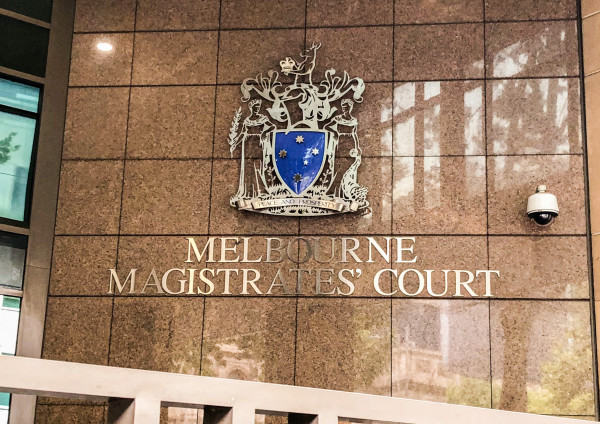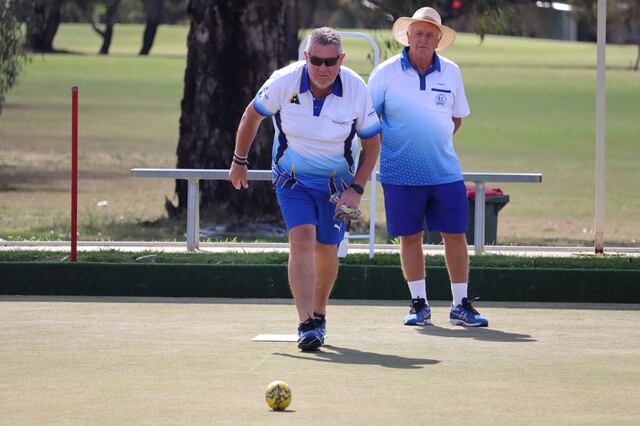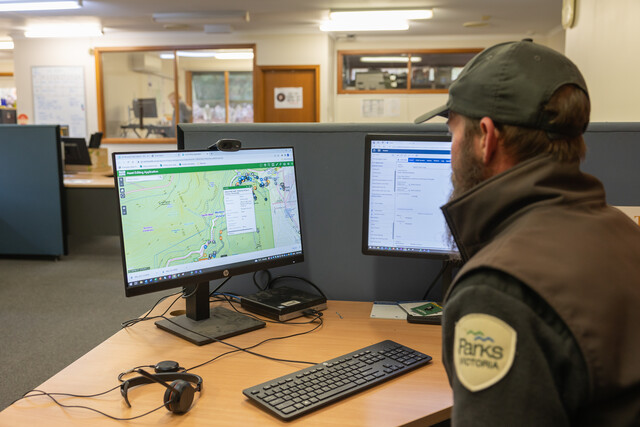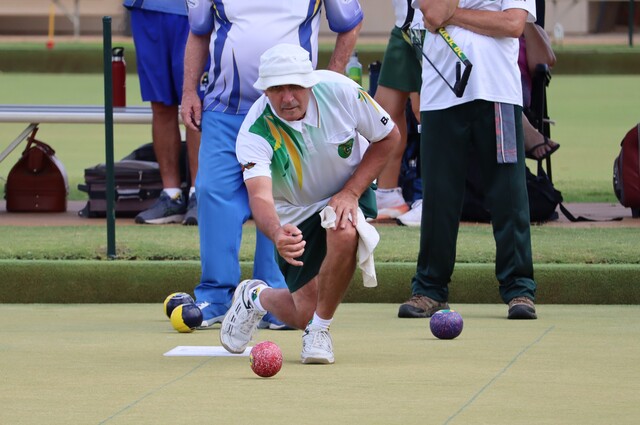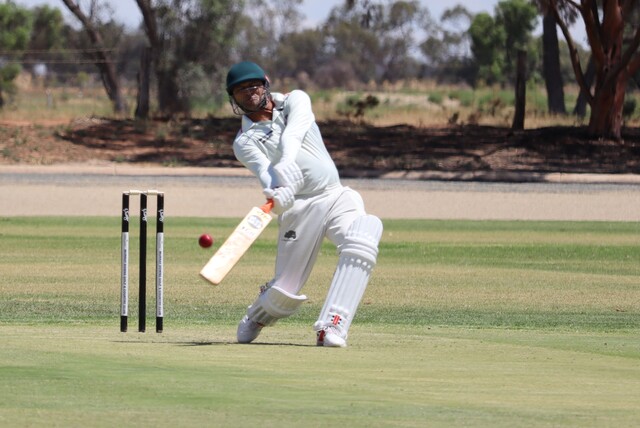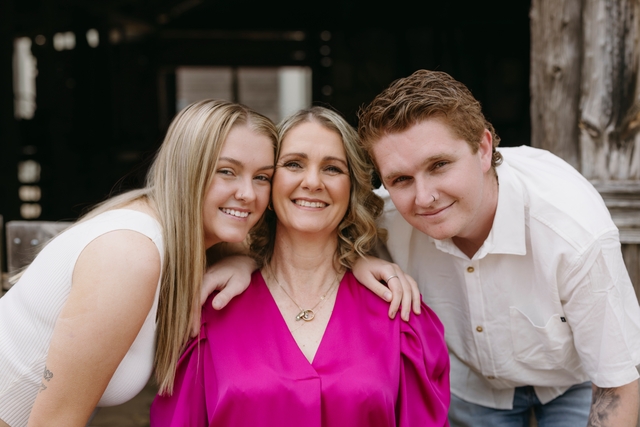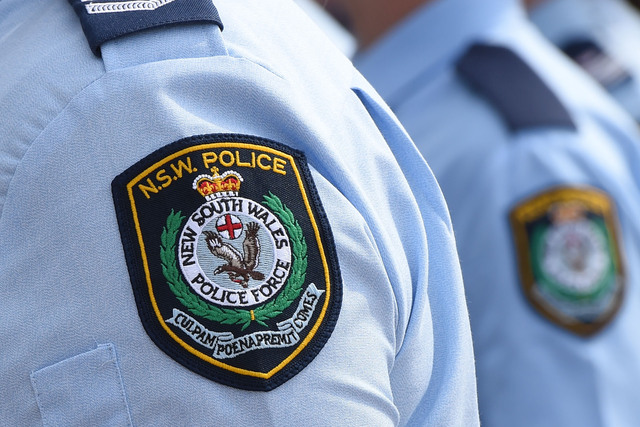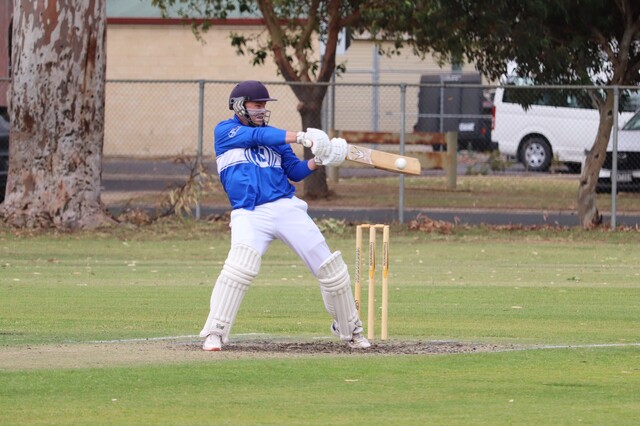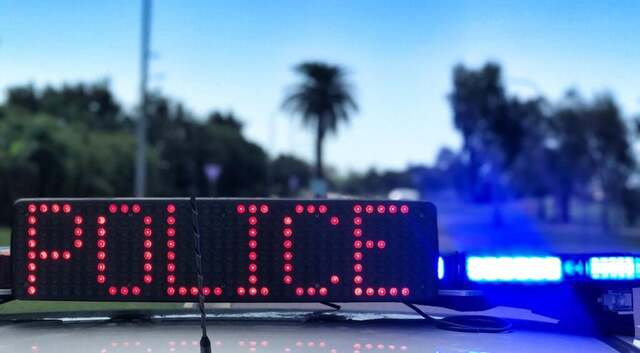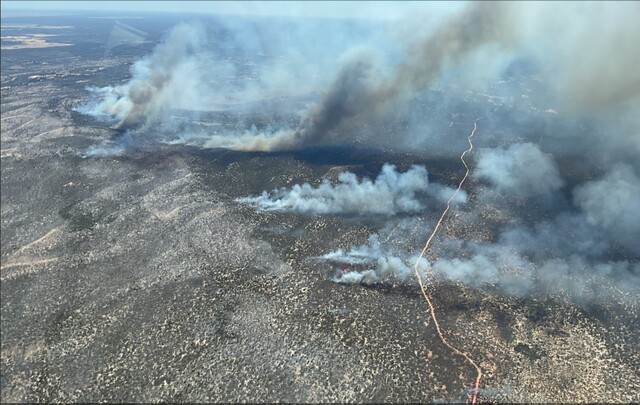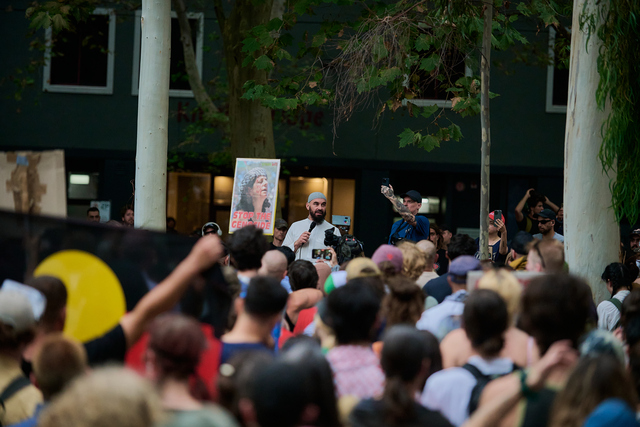A MINIBUS driver who allegedly fell asleep at the wheel had no reason to believe he might be at risk of falling asleep while driving on the day of the incident, a court has heard.
The prosecution has alleged Gunbower man Bruce Slater fell asleep behind the wheel of the minibus in May 2021, while he was driving it on an art silo tour, which resulted in the bus rolling in Arcadia South.
One woman, Casey Spark, was killed in the crash while 11 others – predominantly from Gunbower – including Mr Slater, were injured.
He was charged with 12 offences including dangerous driving causing death, negligently causing serious injury and reckless conduct endangering life.
Defence barrister Harry Lewis, representing Mr Slater, argued on day three of the contested committal hearing that prosecution had not presented any medical evidence showing the driver was fatigued throughout that day.
“In order for Mr Slater to be found culpable, his actions needed to be conscious and voluntary meaning the jury would have to focus on his actions before the bus rolled and whether he was negligent in his decision to drive that day,” Mr Lewis said.
However, Greg Buchhorn, representing the prosecution, argued Mr Slater was aware of the risks of his medical condition and the side effects of his medication.
Mr Buchhorn said Mr Slater had a routine of having a nap each day between 1pm and 2pm which “coincided with the timing of the collision”.
“There was some evidence to suggest Mr Slater was aware of the risks of his medical condition,” Mr Buchhorn said.
“He would’ve been able to identify the warning signs but chose to drive.”
Mr Buchhorn said before the crash, the bus began to drift off the road and onto gravel and in that moment Mr Slater “would’ve known” the risks of driving.
The weather was good, the road conditions were good and there was no other glaring reason as to why Mr Slater would have veered off the road before the crash, he told the court.
The defence also argued some passengers were allegedly not wearing seatbelts and that this contributed to their injuries.
However, Mr Buchhorn said these injuries would not have been obtained if not for the collision and did not break the chain of causation.
Magistrate Caroline Burnside commented that Mr Slater appeared “diligent” in the management of his medical conditions, including his sleep apnoea.
The court was earlier told there should have been more concern over a man’s ability to drive before he allegedly fell asleep behind the wheel of a minibus.
The Melbourne Magistrates’ Court heard a sleep physician believed there wasn’t enough concern given to the ability of Bruce Slater to drive safely.
The witness told the court, due to the 75-year-old’s age and compiling medical conditions, there should have been more consideration over him holding a licence.
“Nobody had taken an interest in his safety to drive,” he told the court.
He said Mr Slater had been diagnosed with sleep apnoea in 1995 and had been a “diligent user” of his CPAP machine however, it appeared his CPAP machine was faulty which resulted in a decrease of functioning.
The sleep physician said the doctors treating Mr Slater were aware of the “link” between the condition and the ability to drive.
Another doctor called as a witness, however, had assessed Mr Slater years earlier and deemed he was fit to drive and his sleep apnoea was under control.
On the opening day, the court heard that a passenger offered to take over the driving responsibility on the afternoon Mr Slater allegedly fell asleep at the wheel.
One said she had always been a “nervous passenger” and was concerned about the speed she felt the bus was travelling.
“His driving felt fast,” she told the court.
This witness was left in an induced coma for a month following the incident.
A male passenger told the court he had commented on Mr Slater’s driving “many times” that day and had been concerned when he began veering the bus off the road and into the gravel beside it.
“He didn’t react to my comments about his driving,” he said.
Another passenger said he had offered to take over driving at one point before the crash.
“I was only slightly concerned for the safety of the other passengers,” he said.
“He had been driving for a while and thought he might be getting a bit weary.”
But other passengers said Mr Slater didn’t seem tired.
“He was always talking,” one passenger witness said
The hearing continues.

